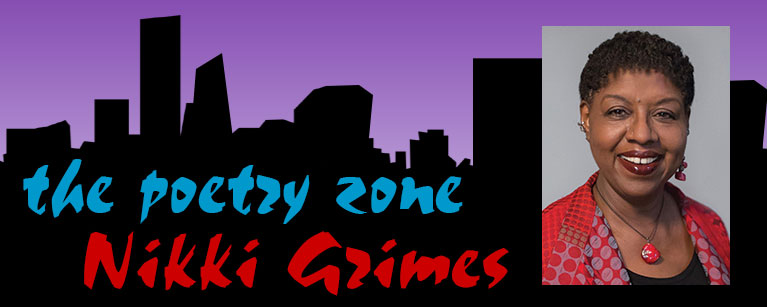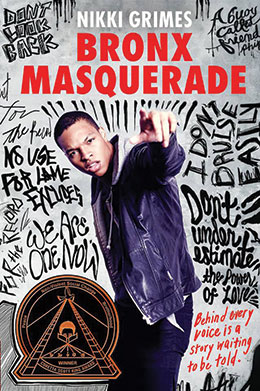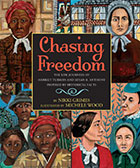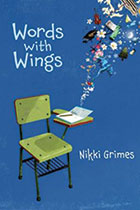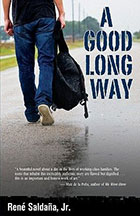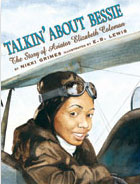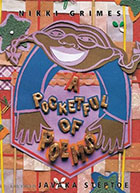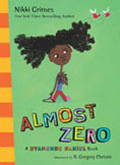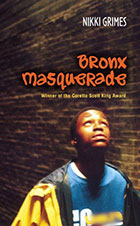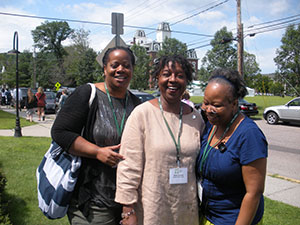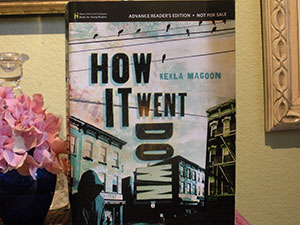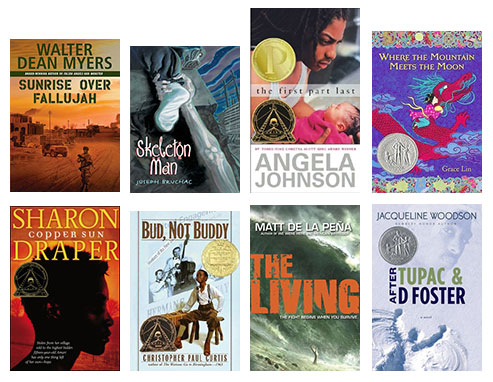High Tech, Low Tech, No Tech?
I bought a new car recently (blame the distracted driver who rear-ended me while I was at a full stop.) My new, certified used car is essentially a computer on wheels—not the replacement car I had in mind. However, of all the used cars the dealer had in stock, this one was in the right price-range. Turns out, all the newish makes and models are loaded with tech.

The sales person was thrilled to let me know the car was equipped with Bluetooth (what?), could be linked to my cell phone (huh?), and gave me the capability to view films while driving—as if I were honestly interested in splitting my attention between, say, Mission Impossible and the road before me. No. Thanks. As for Bluetooth, I won’t be using that, or most of the other tech goodies available. I find them all too distracting from, you know, Driving. The sales person was especially disappointed that he wouldn’t be able to link my car to my smart phone because—gasp—I don’t have one.
I’m strictly a flip-phone woman. Yes. You read that right. That means I can’t surf the Internet or check my emails every two seconds, but I don’t need to, anyway. Who does? (Well, being able to search for nearby restaurants could come in handy when I’m hungry. Still.) My flip-phone allows me to make and take phone calls, send and receive texts, and access messages. What more do I need? “Apps!” you say. Well, apps might be fun, even useful at times. But necessary? Vital? I don’t think so. Call me crazy, but I actually manage to navigate the world without apps.
My shuttle driver tries to shame me into getting on the smart-phone bandwagon. I’ll ask her something like, “What terminal is my flight leaving from?” Since getting me to the right terminal is part of her job, this is information I expect her to have. Instead of just telling me, however, she launches into, “If you had a smart phone, you could find out yourself, because there’s an app for that.” Really?
I get that the new tech is convenient, but there are a myriad of ways to get the information I need without casting myself off the high-tech bridge and getting caught in the whirlpool of apps, games, and social media connects on-the-go.
I came late to the digital party, kicking and screaming all the way. I’ve found much of it useful as a promotional tool for my business, but I’m also painfully aware of its time-stealing potential. Let’s face it, the Internet is addictive. I waste enough time on social media at home, as it is. Must I now also take it with me on the road? I think not. Beyond the basic cell phone, I don’t need tech that follows me out of the house. Limits must be set.

What disturbs me most about all the new tech, though, is its negative impact on social interaction. Too often, I’ll walk into a room where two people, seated a few feet apart, are connecting with each other (you can’t really call it communicating) via their devices. The same is true of people on lunch and dinner dates. The parties might as well be seated at separate tables, for all the genuine connection being made. They’re all too busy slavishly checking their phones between bites of food they aren’t taking time enough to fully enjoy. What is the point? What ever happened to conversation? I miss conversation. And eye contact. And having a companion’s full attention. Sigh.
I know a good many people who feel quite overwhelmed by constant waves of new tech lapping at the shore of human imagination. We forget that there are shut-off switches, that no one is holding a gun to our heads forcing us to use the latest app dropped into the digital universe. Those who feel overwhelmed complain that they don’t have enough time for their art, for their spouses, for their children, for—fill in the blank. But if they weren’t constantly plugged into their various devices, playing games, exploring the latest new app, checking email and mindlessly scrolling through social media newsfeeds several times a day, they’d have more of the time they crave. How do I know this? (Behind on a deadline, anyone?) As I’ve already admitted, I’m scrolling right along with the rest of the crowd! It’s a habit I’m determined to break.
High tech, low tech, no tech—whatever we choose, it’s a trade-off. We can choose more convenience and connection, but the cost is less security, and less opportunity for genuine, interpersonal communication. If we choose less convenience and less broad-based, or abbreviated connection, we multiply the time we have for deep personal communication, for mindful living, for art, for greater awareness of our surroundings.
It all comes down to time, the most precious commodity we have. How we use it, and how much of it we have to use, is very much bound up with the choices we make concerning high tech, low tech, or no tech. Take your pick. It really is a choice.
I look up all the time. I notice the clouds dance across the sky, the Magnolia blooms spilling their vanilla scent, the rash of mushrooms following a rain, the hummingbird nuzzling a rose. Do you?



